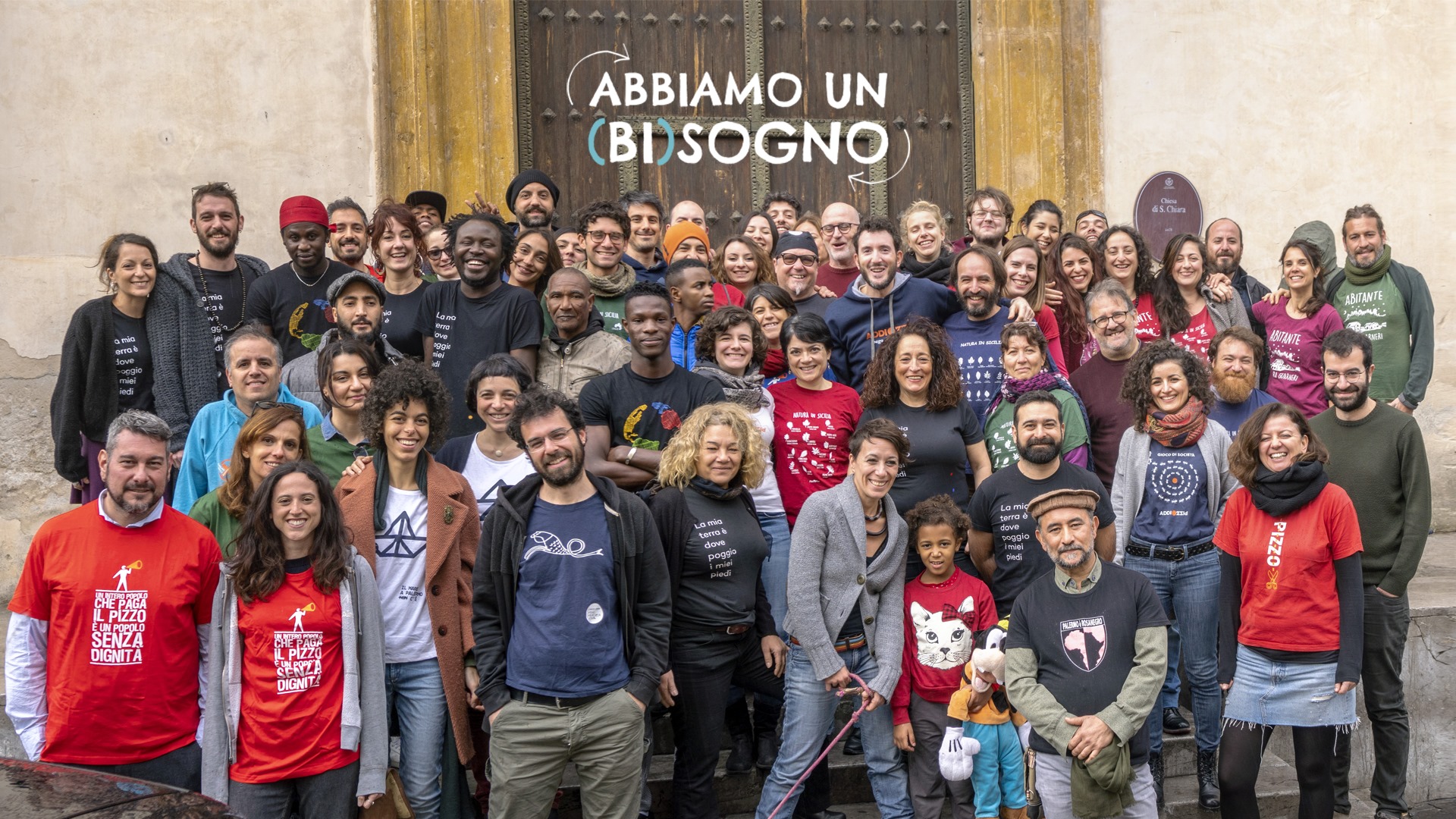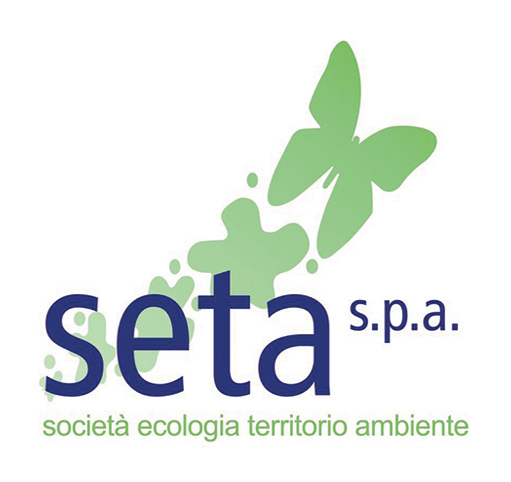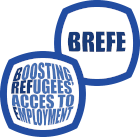Testimonies
Three types of testimonies are presented: stories of refugees, integration paths seen from the professionals' point of view and initiatives told by the people who implement them. They show that a successful professional integration requires the joint involvement of several actors. They can be accessed either directly or by keywords.
How training courses can deal with intercultural competences
Moltivolti, an ethnic restaurant and co-working space, was founded in Palermo in 2014. It was founded by a group of 14 people, from 8 different countries. They employ people from different cultures because they see a great opportunity in cooperation with different backgrounds and different points of view. However, a clash of different cultures may cause difficulties even at a very welcoming workplace. This challenge is linked to cultural differences and insufficient or not optimally targeted management and communication. To deal with it, Moltivolti was involved in the REST Project (Refugee Employment, Support and Training), led by Landkreis Kassel (Germany) funded by the Asylum, Migration and Integration Fund (AMIF) of the European Union.
The Company did a training course dealing with intercultural competences. During the course, the staff had the possibility to reflect and express their vision about different aspects of culture and religion influencing the work. Religion was the most discussed topic on the training. In the past, the employees encountered difficulties to understand the company rules and some inter-cultural issues affected negatively the daily work. For example, late arrivals at the workplace or specific behavioural restrictions related to religious affiliation (for example, Friday prayer). The REST training topics that Moltivolti focused on were: intercultural communication, management of religious aspects, cultural differences, multicultural teams, conflict resolution and integration at the workplace.
The managers of Moltivolti realised that in the daily management they do the mistake of taking for granted some expectations regarding common behaviours of the staff. They forgot to clarify those expectations to the international staff – explaining them the culture of the hosting city and the needs of the customers, in such a way facilitating the common understanding. Concerning their religious practices, managers understood that both have to find compromise to better deal with those issues. They started to consider planning religious holidays or the whole month of Ramadan in advance, speaking frankly and fix an agreement that matches their request and the needs of the business.
So, success way of managing cultural diversity in this sense has to include explaining the norms of the organization at the same time that people have the opportunity to express their vision. In a democratic and intercultural process, the enterprise will incorporate cultural and religious practice to reach agreements between the employees and the needs of the business. It’s important that information and rules are clear, to facilitate that everybody can adapt to them, and the same time that encourage collaborative problem solving in cross-cultural teams.
Managers and workers need to avoid any stereotyping and generalisation. Managers should always emphasise the need of seeing people as individuals and taking into account specific circumstances.

A well prepared preboarding can result in more value for the company hiring refugees
SETA is a medium-sized public-private company working in green services. In 2019 it participated in an integration project, placing two young refugees on an internship of 3 months, which was followed by a fixed-term contract of 9 months (with the intention to stabilize the two workers). The company board weighed the decision to join the project very carefully, given the social context of reference which is characterized by a high rate of native youth unemployment. Once taken the decision, they have carefully prepared a preboarding programme.
The first step was a preventive risk analysis on the possible impact of two refugees in the company, focusing on communication and relation aspects. Considering the type of work required to ecological operators, the company evaluated in advance the possible problem of impact of Ramadan; this issue was discussed directly with the two African candidates during the job interview in a delicate way. Both of them ensured the ability to operate even in extreme conditions (during the period of Ramadan, easier shifts would be guaranteed for them). The placement was made on the basis of:
- an objective approach focusing only on the competences needed by the company (refugee workers are like all others apart from the need to give more attention to linguistic and communicative aspects)
- mutual trust between the company and the workers (integration pact).
The second step consisted in preparing employees and teams to work with new refugee colleagues. A two-hour training session was organized by a migration expert, to raise the whole company's awareness of the issue of refugees; the following themes were dealt with: real data on numbers relating to the entry flows of non-EU immigrants into Italy, the problems migrants have to face during their migration project, types of migrants (refugees, asylum seekers or protection) and the Italian reception system with the reference legislation. The training was provided to trade union representatives, company managers, direct heads of the two new trainees and other company profiles considered as key persons for a successful integration. The presentation of the two refugees’ integration project proved to be strategic, thus avoiding possible oppositional attitudes in the workplace, linked to the principle of "Italians first". The role of the tutors assigned to the two young trainees was decisive for their successful integration.
The three main positive aspects of SETA inclusion experience, as highlighted by the HR head, are:
- Improvement of work performance: the dedication and motivation to work inspired other colleagues, resulting in a decrease in hours of absenteeism.
- Improvement of corporate climate: colleagues are happy to work in the same team and shift of the young Africans workers, who are full of strength and physical energy and work hard.
- Strengthening of corporate cross-cultural competences: the refugees helped their Italian colleagues to overcome stereotypes and prejudices, as well as understand their real life (past and present) by making many of them aware that the information they learn from media may be incomplete or partial.
The main elements of this successful experience are:
- Strong commitment of the board of the company
- Objective competence-based approach
- Preventive risk analysis and management
- Information and training for company staff to prepare them for the entry of the two workers
- Welcoming programme
SETA is among the winners of the UNHCR Welcome project in 2018, obtaining the award of Company working for refugee integration.

